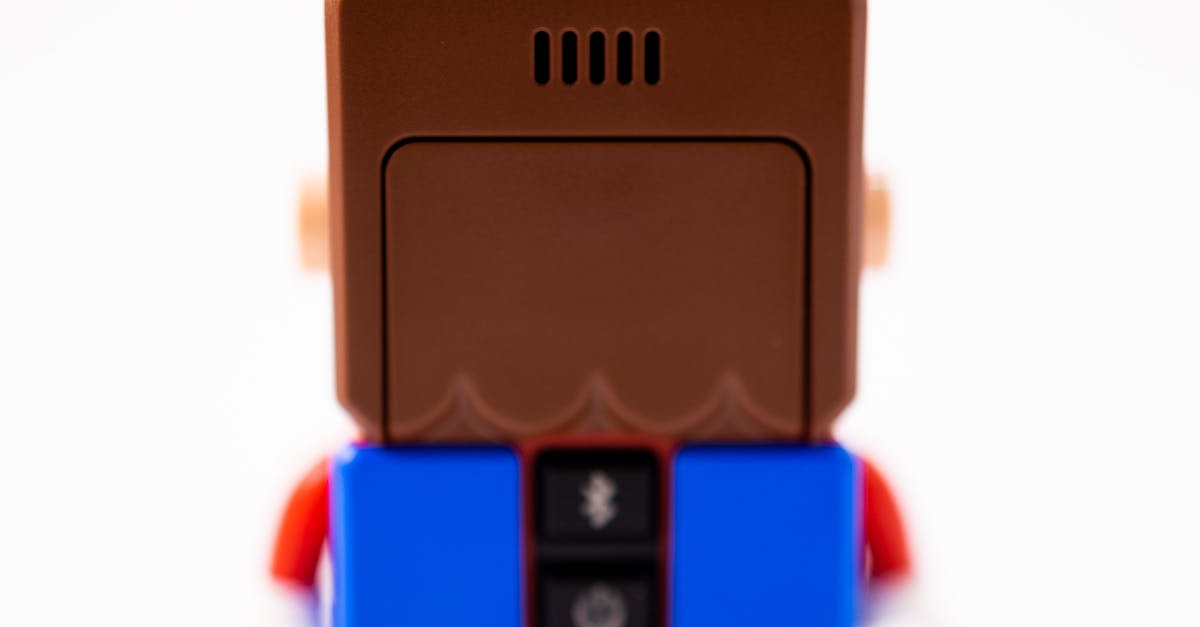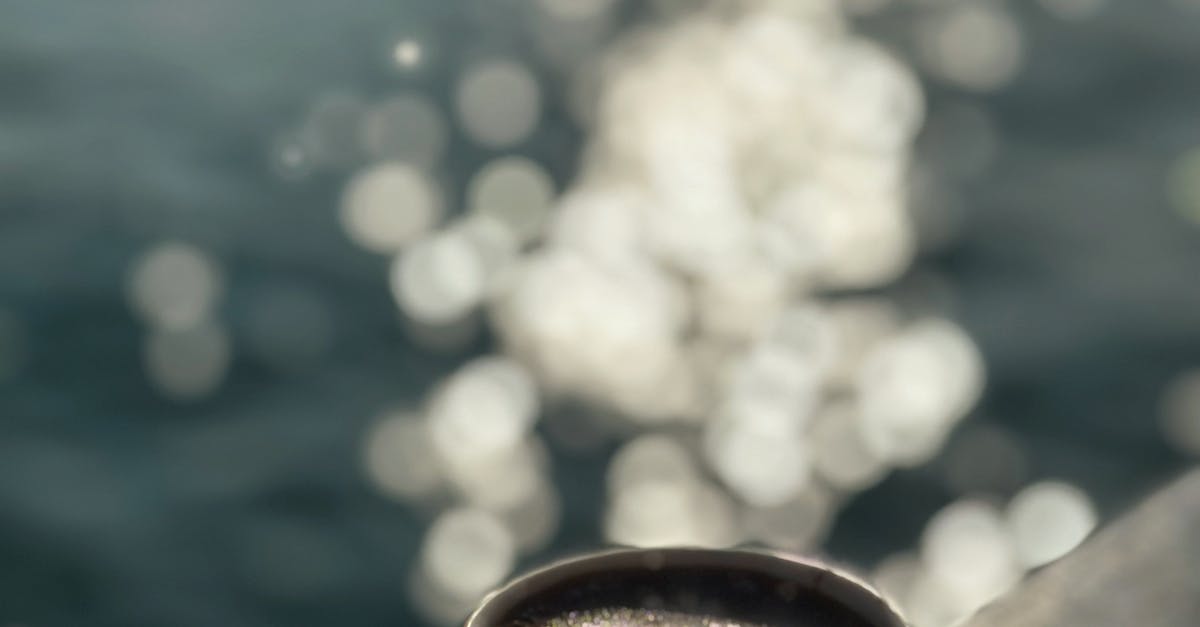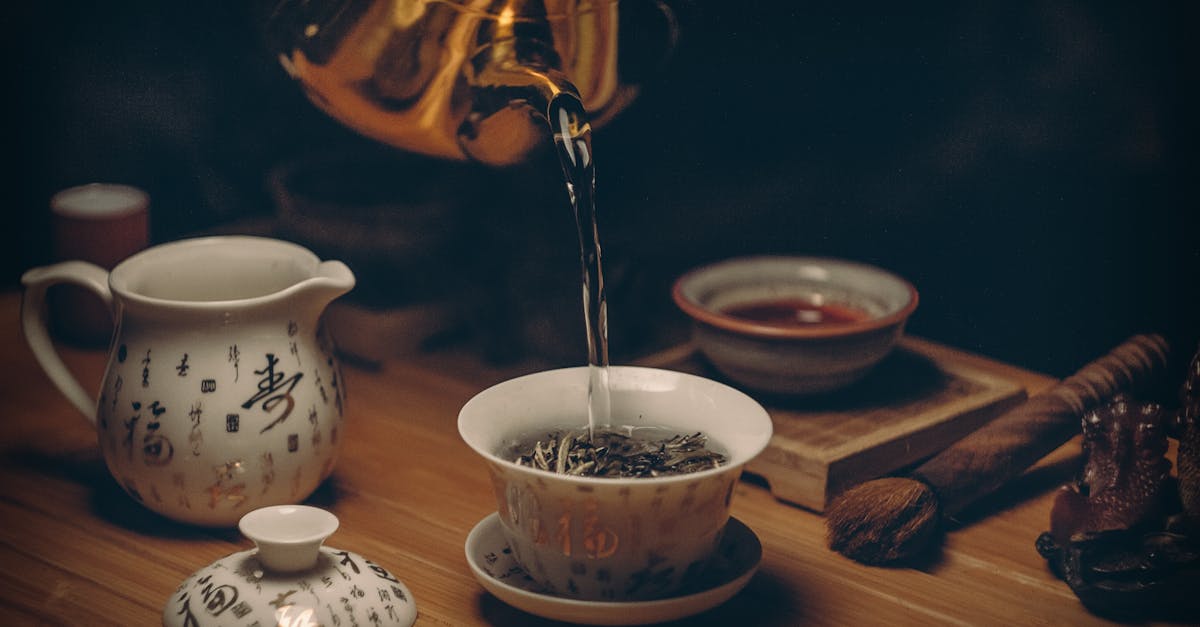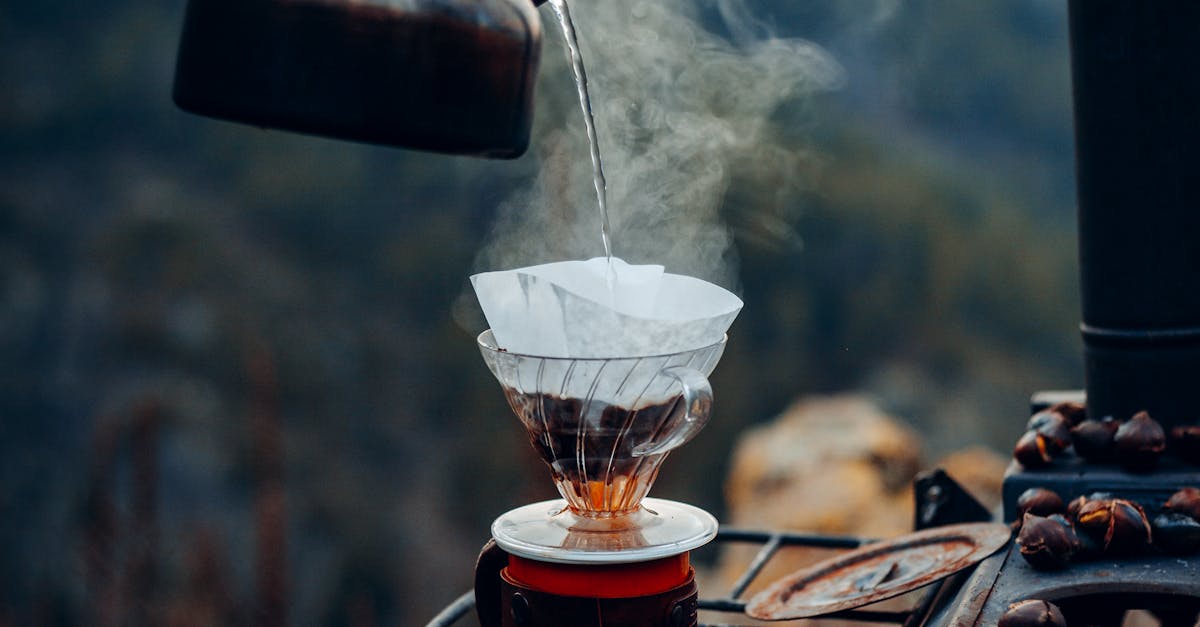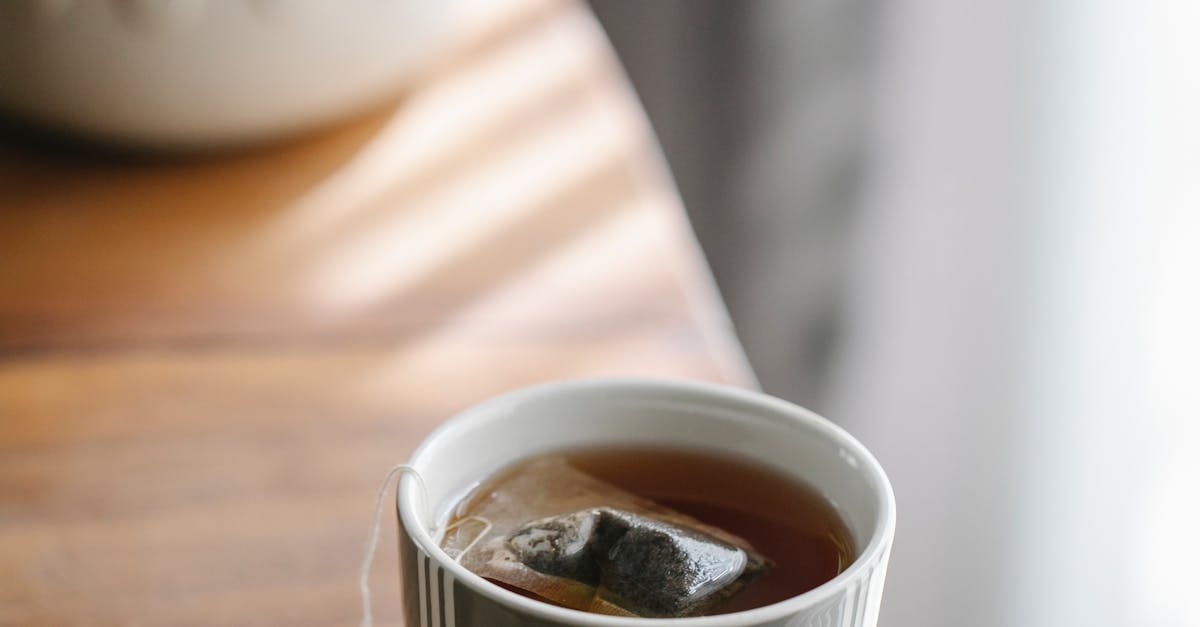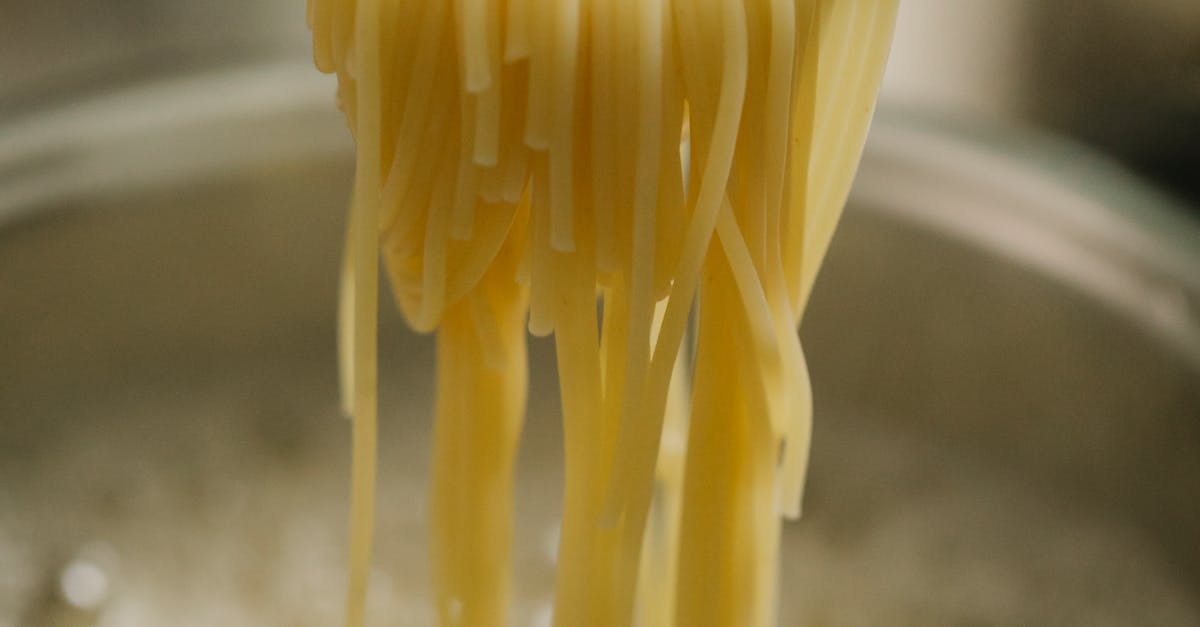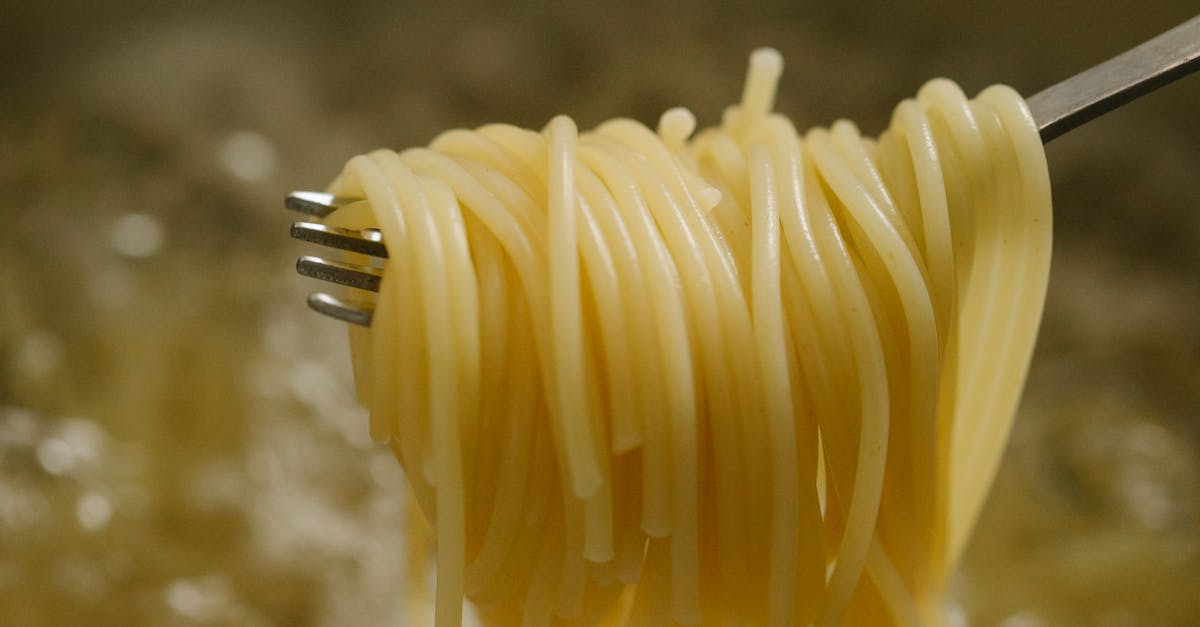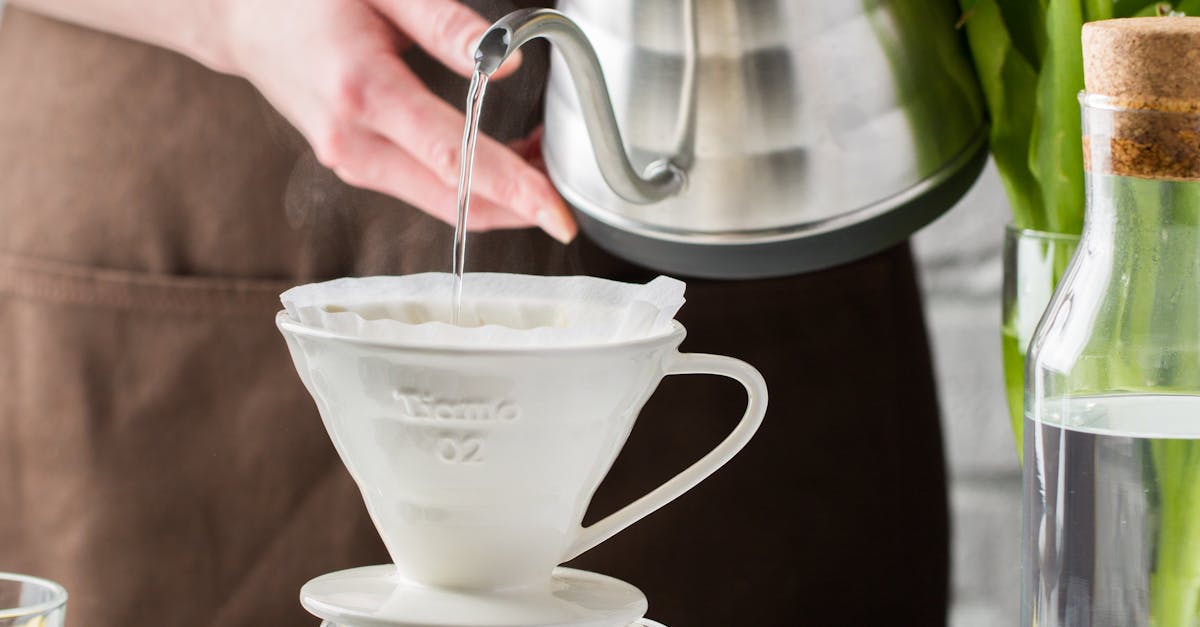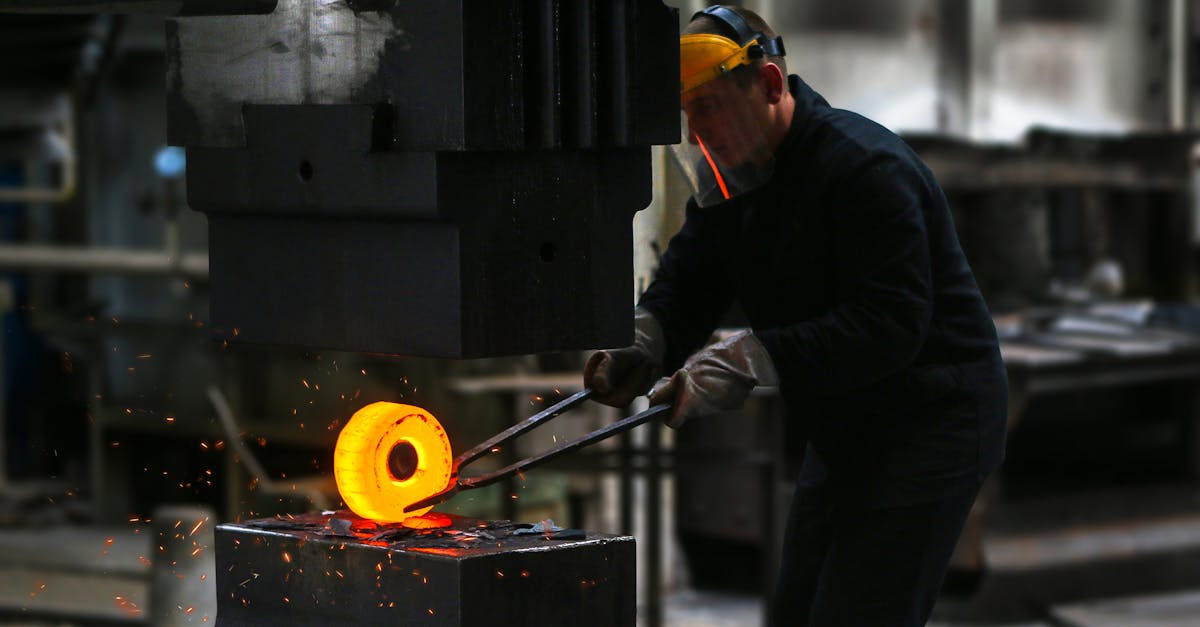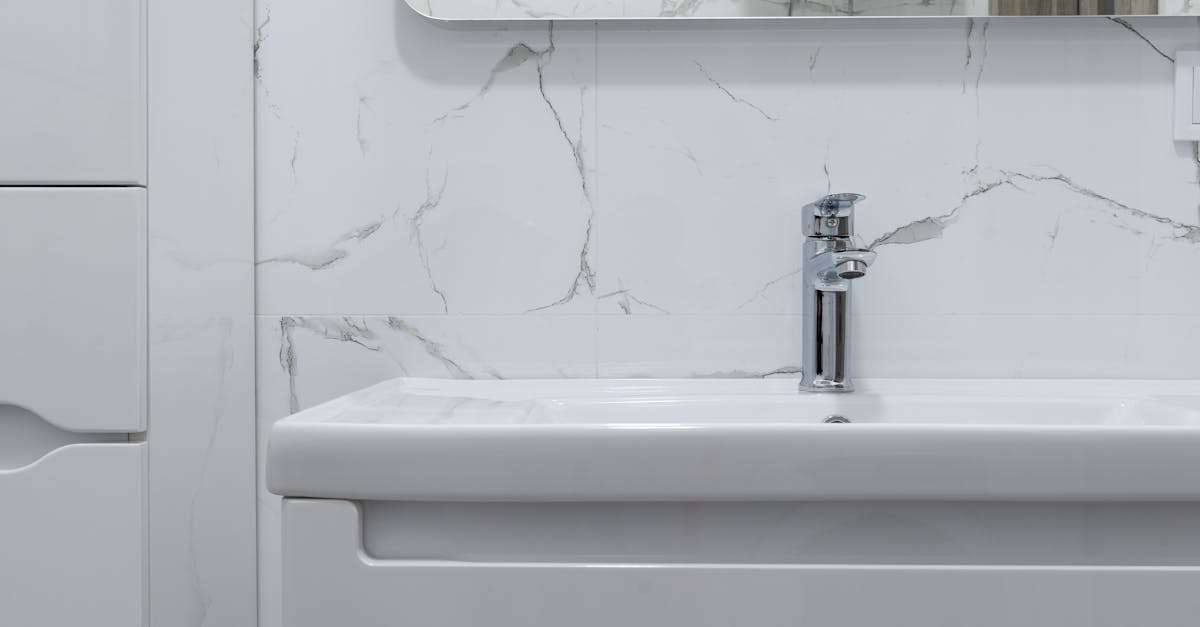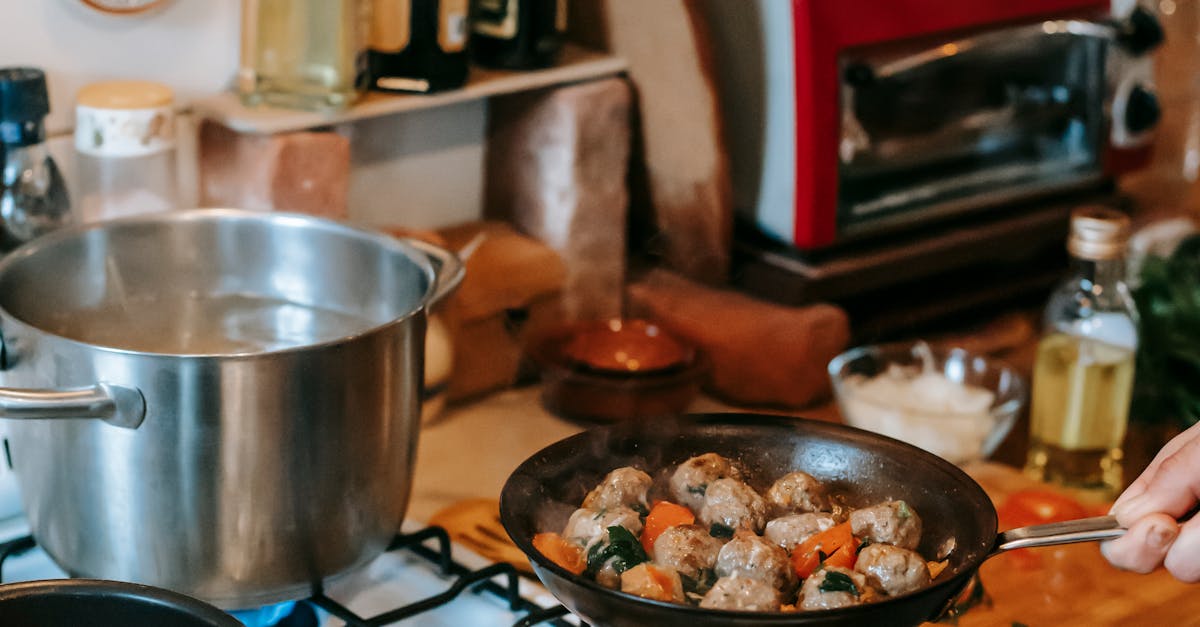
Table Of Contents
The Use of Drain Cameras
Drain cameras have revolutionised the way plumbers assess and address obstructions within drain pipes. These high-resolution cameras are inserted into the pipes to provide real-time video footage of the interior, allowing plumbers to identify blockages, cracks, or intrusions from tree roots. This technology eliminates the guesswork that often accompanies traditional methods, enabling a more targeted and efficient approach to drain cleaning.
The ability to visually inspect the inside of a pipe helps plumbers determine the most effective cleaning method. Whether it’s a simple blockage caused by food waste or a more complex issue related to pipe damage, drain cameras assist in formulating an appropriate action plan. This not only saves time but also reduces the likelihood of unnecessary damage to the plumbing system during cleaning efforts.
Benefits of Inspection Before Cleaning
Plumbers often utilise drain cameras as a critical first step in the drain cleaning process. This technology allows for a thorough inspection of the pipe’s interior, providing a clear view of blockages, fractures, and build-up. By identifying the specific issues present, professionals can tailor their approach, ensuring that the cleaning method employed is effective and targeted. This not only saves time but also minimises potential damage to the pipes.
Conducting an inspection before drain cleaning also prevents unnecessary costs associated with trial-and-error methods. When plumbers know exactly what they are dealing with, they can avoid the risk of using inappropriate techniques that might worsen the situation. Proactive inspections lead to more informed decisions, which can significantly prolong the lifespan of the plumbing system. This level of diligence not only benefits the homeowner but also fosters better long-term relationships between customers and plumbing professionals.
Preventative Measures for Clogged Drains
Regular maintenance is crucial to prevent clogged drains. One effective measure is to avoid putting items like grease, coffee grounds, and hair down the sink. These substances can accumulate over time, leading to blockages. Additionally, installing drain hair catchers can help trap debris before it enters the pipes, reducing the chances of future issues. Regularly flushing drains with hot water can also assist in breaking down any buildup, making drain cleaning easier and more effective.
Another preventative step involves being mindful of what goes down the toilet. Toiletries and paper products should be disposed of properly to prevent clogging issues. Scheduling routine drain cleaning with a professional plumber can tackle any minor build-up before it becomes a significant problem. This proactive approach saves money in the long run and maintains the health of your plumbing system, ensuring smooth water flow throughout your home.
Best Practices to Avoid Blockages
Maintaining clean drains is essential for ensuring proper water flow and preventing blockages. Regularly disposing of food scraps and other debris in the bin rather than down the sink can significantly reduce the chances of build-up. Using drain covers or filters can help catch hair and other small items before they enter the plumbing system. It is also advisable to run hot water through the sink after washing dishes to help dissolve any lingering grease or soap residue.
Periodic drain cleaning is a proactive approach that many homeowners overlook. Routine inspections can identify potential issues before they escalate into costly repairs. Employing natural cleaning solutions, like vinegar and baking soda, can assist in keeping pipes clear without the harsh chemicals that may damage plumbing. Additionally, being mindful of what goes down your drains and practicing regular cleaning can lead to a healthier plumbing system.
When to Call a Professional Plumber
Recognising when to call a professional plumber can save homeowners from further complications. If drain cleaning efforts with basic tools or home remedies fail to yield results, it may indicate a more serious issue at hand. Frequent backups or slow drainage can be signs of significant blockages deep within the plumbing system. Ignoring these signals might lead to costly repairs or extensive damage to your pipes.
In cases where foul odours persist despite regular drain cleaning maintenance, this could suggest the presence of sewage or waste buildup. Additionally, if you notice unusual gurgling noises coming from your drains or water pooling around plumbing fixtures, these could be indicators of significant problems. Engaging a qualified plumber at this stage is essential for effective diagnosis and resolution, ensuring that your plumbing remains in good working order.
Signs That Indicate a Serious Drain Issue
Several signs can indicate a serious drain issue that warrants immediate attention. Persistent foul odours coming from the drain often suggest the presence of trapped debris or a potential blockage. Increased water levels in the sink or shower can also be a clear signal, suggesting that water isn't draining as it should. Slow draining, if occurring consistently across multiple fixtures, may indicate a more significant problem within the plumbing system.
In some cases, gurgling sounds from the pipes can signal air trapped in the drainage system, pointing to blockages further down the line. If you notice water backing up into sinks or toilets, this is a critical alert that should not be ignored. Regular drain cleaning can prevent these issues from escalating, but recognising the warning signs is essential in maintaining the health of your plumbing system.
FAQS
How do plumbers inspect drain pipes before cleaning them?
Plumbers often use drain cameras to inspect the interior of pipes. This technology allows them to identify blockages, cracks, or other issues that need addressing before the actual cleaning process begins.
What are the benefits of inspecting drains with a camera?
Inspecting drains with a camera helps plumbers pinpoint the exact location and cause of the blockage, ensuring they use the most effective cleaning method. It can also help identify potential future issues, saving time and money in the long run.
What preventative measures can I take to avoid clogged drains?
Regular maintenance, such as using drain strainers, avoiding pouring grease down the sink, and flushing drains with hot water, can help prevent clogs. Additionally, having drains inspected periodically can catch issues before they become serious.
When should I call a professional plumber for a drain issue?
You should call a professional plumber if you notice persistent slow drainage, unusual odours, or if multiple drains in your home are clogged. These signs may indicate a more serious underlying problem that requires expert attention.
What are some signs that indicate a serious drain issue?
Signs of a serious drain issue include frequent backups, gurgling sounds from drains, water pooling around fixtures, or sewage odours. If you experience any of these symptoms, it’s advisable to consult a professional plumber as soon as possible.
